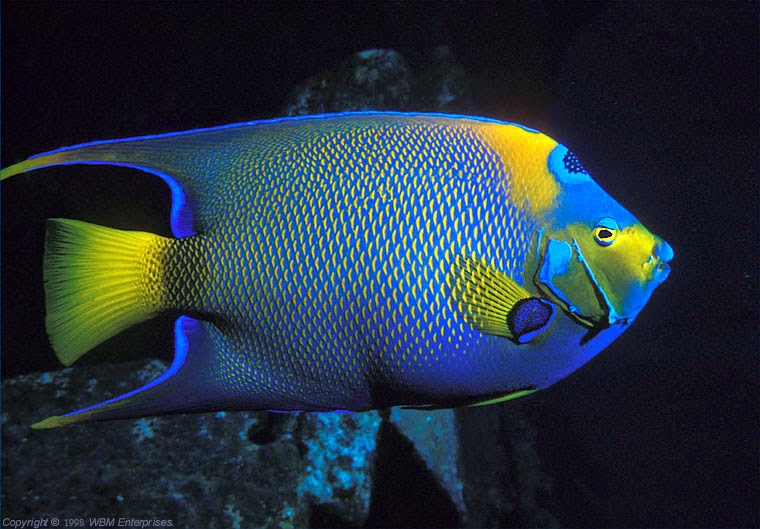Overfishing of slow-growing fish from the upper levels of the food web has been found to have large impacts on the species in the levels below. If these fish are overfished, there will be less herbivorous action on the algae in the ocean surface. This means that algae are able to thrive, especially the 'macroalgae' (macro meaning large). This has a detrimental smothering affect on our precious coral species. This has been deemed by some as causing a 'slippery slope to slime'. As corals are smothered by algae, coral reefs are degraded and we are left with a very anaesthetically pleasing underground slimy swamp of algae.
Corals also have another detrimental competitor; sponges. We are all aware of what sponges are. Those frequently sold 'natural sponges' you can buy to help scrub yourself clean are in fact dried out organisms from the ocean. Sponges have recently been linked to further decline in corals in the Caribbean. They steal habitat space from the corals and frequently produce deadly toxins to directly kill the coral. An example of this in the Caribbean waters is the brain coral being continuously smothered by lavender branching sponges (see below).
 |
| Bicolour Parrotfish found in the Caribbean waters (Image source: http://upload.wikimedia.org/wikipedia/commons/d/dd/Bicolor_parrotfish.JPG) |
 |
| Queen Angelfish found in the Caribbean waters (Image source: http://www.ramblincameras.com/carsrd33.jpg) |





